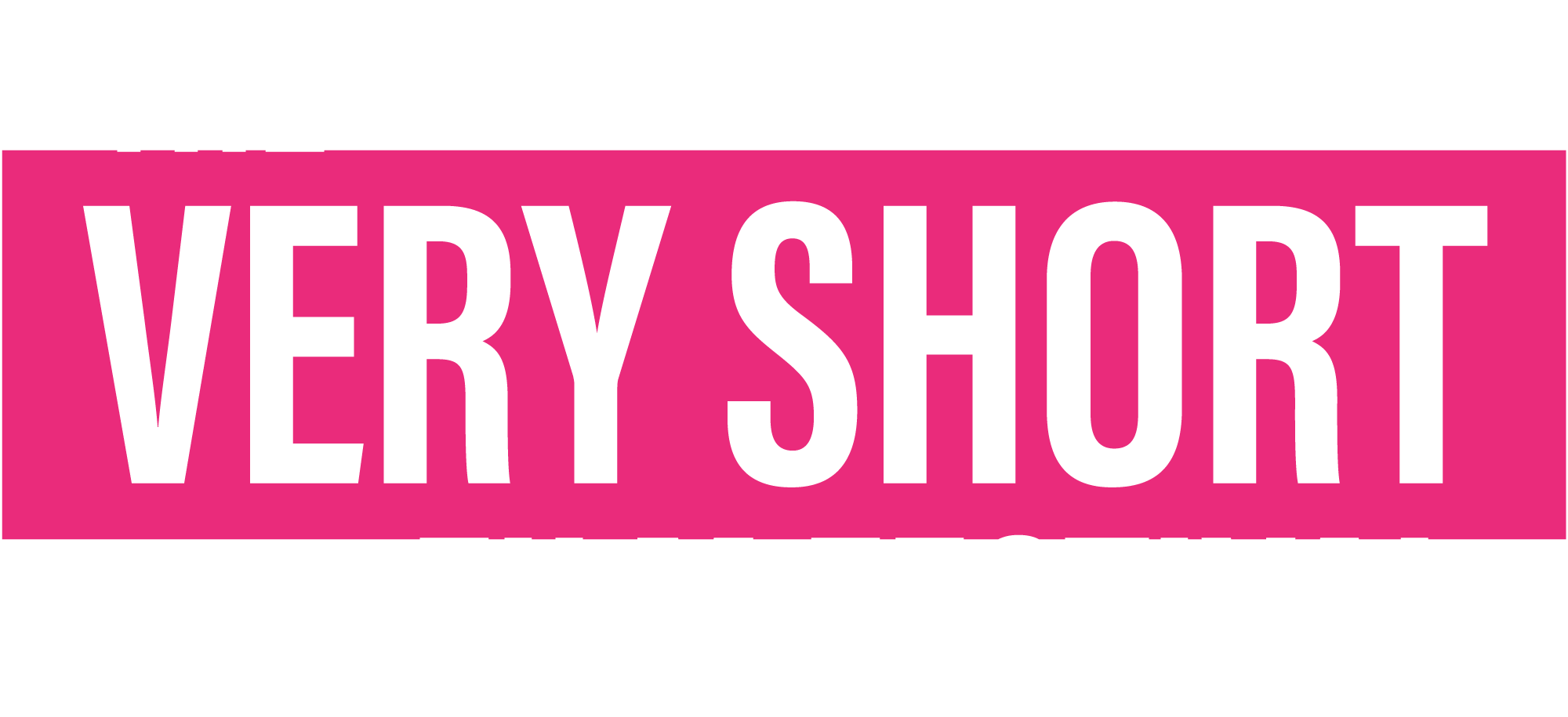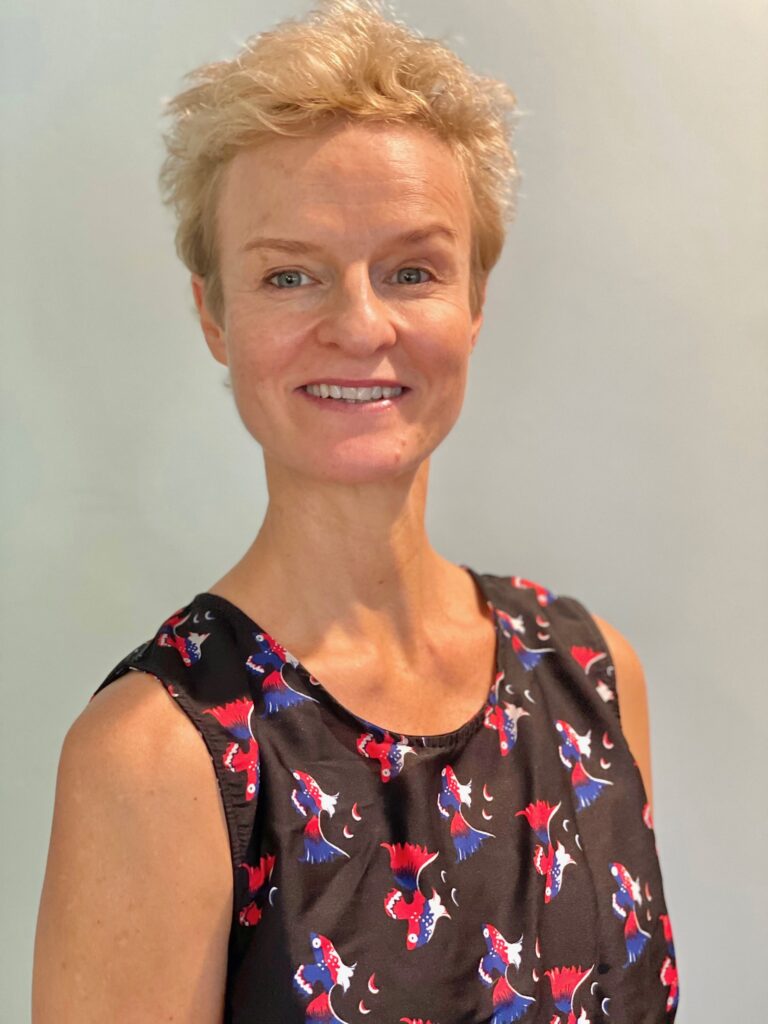Screenhub writer Jini Maxwell recently interviewed our director Anna Cerneaz to get some insight into the festival. The full interview can be found below, and you can read the original article, “The Rise of the Tiny Film”, on Screenhub. 1. What can a very short film achieve that, say, a regular short film can’t? What are the creative possibilities of an extreme time constraint?
No matter the length of short films – very short or just short – they can be compelling and make a lasting impression. For a very short film to have impact you need to be very focused in the way you tell your story. It’s a bit like the difference between a novel and a short story – they’re different things, but the very best short story can have a complete narrative arc and create a complete world in just a few pages.
This festival is about storytelling at its heart and its ability to break down boundaries, create connections and have fun.
The creative possibilities are endless. By having limitations, your imagination can be set free. A few boundaries can really help creativity. I’ve been working and hanging around music composers most of my life. They welcome boundaries to allow ideas and get in their flow. You have 2-5mins to tell a story, to make your audience cry, fall in love, be moved etc… What is it that you want to say? How can you say that in the clearest, strongest and most impactful way within that time constraint? It’s where you connect to your creative self and let rip…
By having the 2-5min time limit also ensures that anyone with a mobile phone or simple camera can enter. We are not after established filmmakers who have access to fancy equipment, it’s about people in our community with a story to tell and giving them a platform and a wide audience to experience it. Guardian Australia has come on board and they will showcase the top films.
2 What advice would you give to someone making a very short format work for the first time?
To start! The best advice someone gave me when I was stuck writing something – just write the first sentence. Forget how dumb it sounds, don’t think about the spelling etc…, just put one word down one after the next. It’s like anything in life – just take that first step, make that call, ask that question – just start.
The other bit of advice is “you don’t learn by talking”. That is listen, and listen well. There are so many ideas, stories and experiences to discover – and it’s a wonderful way to increase your understanding of yourself, your community and the way the world works around you.
3. You have included an under-21 category in your Festival – do you feel that very short formats appeal more to young people?
The very short format will appeal to all ages – creating them and consuming them. Creating a 2 to 5 minute film is challenging – it takes thought, creativity and determination to produce something with meaning. That’s why we have included a mentoring process with the Festival. It’s not about winning a prize and travelling to Spring Bay Mill in Tassie to pick it up (as lovely at that sounds) but it’s about improving skills in storytelling and presenting them through the craft of writing, film, animation (if you like) by experts in the trade, and finding pathways for your next creative endeavour. Our mentors and judges are Leta Keens, a writer and thinker who also has experience working with kids in marginalised communities; award-winning actress Marta Dusseldorp who has worked extensively in theatre, film and television; Leah Purcell – one of this nation’s most eminent cultural figures; and independent artist, cartoonist and illustrator Rocco Fazzari.
Watching short films is not about ‘short attention span’ that so many young people are accused of having – but really about experiencing the art of film and a wide variety of stories told in interesting ways. We expect that the experience might be uncomfortable at times, but it will probably also be life-affirming, funny, entertaining, transporting and surprising.
So we encourage anyone to have a go at creating one and entering. The category for under-21 was simply to allow the mentoring and judging process to give more prizes and judge folks fairly.
4. What drew you personally to very short films?
The creative process is fascinating, fun and food for life and our communities – no matter what genre. This Festival grew out of these new times we are living in and adapting to. Giving people – young and not so young – a chance to be creative in a way where anyone can tell stories and present them to the world, seemed the most natural next step to take for Artology.
Very short films can be created and consumed by everyone. So the very short format is super attractive to connect people, to create understanding, to have fun. You can be alone and produce something special to present to the world – on the other hand, you can get together with a bunch of friends and create something equally wonderful.
5. What relationship do you see between short form content and social media?
Short form content and social media basically share the same platforms to present them. And that’s pretty much where the relationship ends. Social media is about networking, to sell or promote something – whether that’s an ego, a product or to present a set of beliefs. Social media can be about entertaining. But the best short films can shift you to a deeper space, challenge you, allow you to feel a deeper sense of connection, to learn, to create…. all the juicy stuff that sustains the human spirit.
6. Can social media nurture the kind of work you’re interested in, or do you see social media platforms as distinct from your work?
Social media can help get the message out there of what we are doing – like all tools of promotion. And other video platforms such as the one minute TikTok video is about having fun and getting involved with your friends – known and unknown. Excellent!
Short films can be incredibly meaningful and really have something to say – with the best short films, the creative process kicks in and time is spent in the heart and head space. It’s about real connection, authenticity and craft.
7. What kinds of works are you hoping to have submitted to the festival?
Works that have a good story, and are authentic and meaningful. They can be about anything at all but must have a signature of “Tasmania” in it this year. That is, you could have a postcard of Tasmania on the table, or eat a scallop pie. Whatever. That’s just to ensure that the film is created for this Festival. You can come from anywhere in Australia!
We are also hoping for as many different types of people to come forward with a film from their communities – to let their stories have a platform. From social justice groups, First Nations people, from people in the arts or those who care about the environment, from asylum seekers, refugees and other recent arrivals, from people with disabilities or those who live in marginalised communities, from those whose first language isn’t English, from the very young to the very old, from those who live in the middle of the city or the middle of nowhere – really anyone and everyone should have a go!

